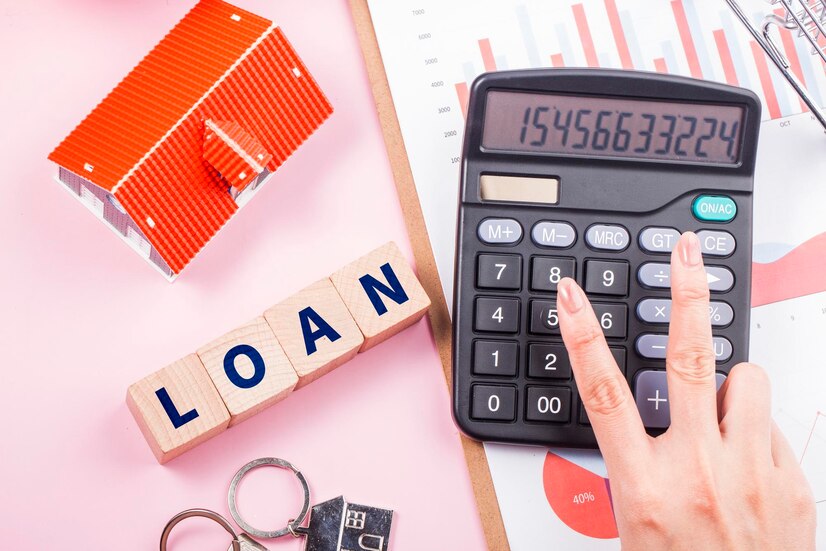Table of Contents
Toggle
Having a spacious and comfortable house in a good neighborhood is what everyone dreams of. But getting a loan for these homes seems difficult. That’s where jumbo loans come into the picture. These mortgages are specifically for high-value homes, however, these may be harder to get as compared to normal mortgage loans. However, one of the main challenges can be found in down payment. Now let’s look at the down payment information about jumbo loans that you need to know in the year 2024.
The Big Question- What exactly is the down payment on a Jumbo Loan?
A Jumbo Loan is a kind of mortgage that exceeds the Federal Housing Finance Agency’s (FHFA) conforming loan limit for that particular year. This cap differs from one county to the other, although in extreme it stands at $766,550 in the year 2024. If the price of the home is above this figure, then one will require a jumbo loan. Although jumbo loans give the ability to buy expensive homes, they have more stringent terms like a big down payment. Originally, loans that fall under the category of jumbo loans have required large initial payments of approximately 20% or more, which is a minimum down payment required for a jumbo loan. This has been a challenge for many due to this rather hefty upfront cost based on the initial loan tenor. But the great news is that this trend is shifting gradually. Currently, some of the lenders are extending jumbo loans with lower down payments that can in some instances be as low as 5%. Read here to know more.What are the Key factors influencing your down payment?
- Loan amount: As it has been observed the down payment increases as the size and scale of the loan increases.
- Credit score: Credit rating can also be very important in that it helps one to be able to negotiate for lower down installment.
- Income and debt: Debt to income affects your eligibility for the lower down payment depending on the income you earn.
- Lender policies: Another factor that varies with the lenders is the down payment and therefore, needs research to be done.
What are the tips to Navigate the Jumbo Mortgage Down Payment Landscape?
- Improve your credit score: A better credit score will translate to improved loan terms even concerning the down payment. Concentrate on timely payment of outstanding debts, credit card balance, and no additional credit account.
- Save diligently: More down payment options mean that even with a small down payment it is possible to save more to have a lower interest which in turn will lead to a small monthly mortgage payment.
- Shop around for lenders: Every lender is unique in its way as are its products and services, in this case, the loans. Offers from different lenders should be compared to choose the right one.
- Consider down payment assistance programs: Yes, some organizations are both governmental and non-governmental and assist people with down payment after they have been selected to be given a home through a certain company.
- Explore jumbo loan options: There are many programs in jumbo loans that the homeowner may qualify for in his place of residence. Some of the lenders provide flexibility in the contracts and the available refinancing solutions with fewer down payments.
Any Additional Costs?
- Private Mortgage Insurance (PMI): If your down payment is less than 20% you will be required to get Payments for Mortgage Insurance. Lenders are protected in the event of repudiation by the buyer through this insurance.
- Cash reserves: Banks, in particular, usually demand that clients have certain amounts of cash after the closing to prove their stability.
- Qualifying income: You have to be ready to provide clearer details of the income and this may include W-2s, tax returns, and other payslips.





